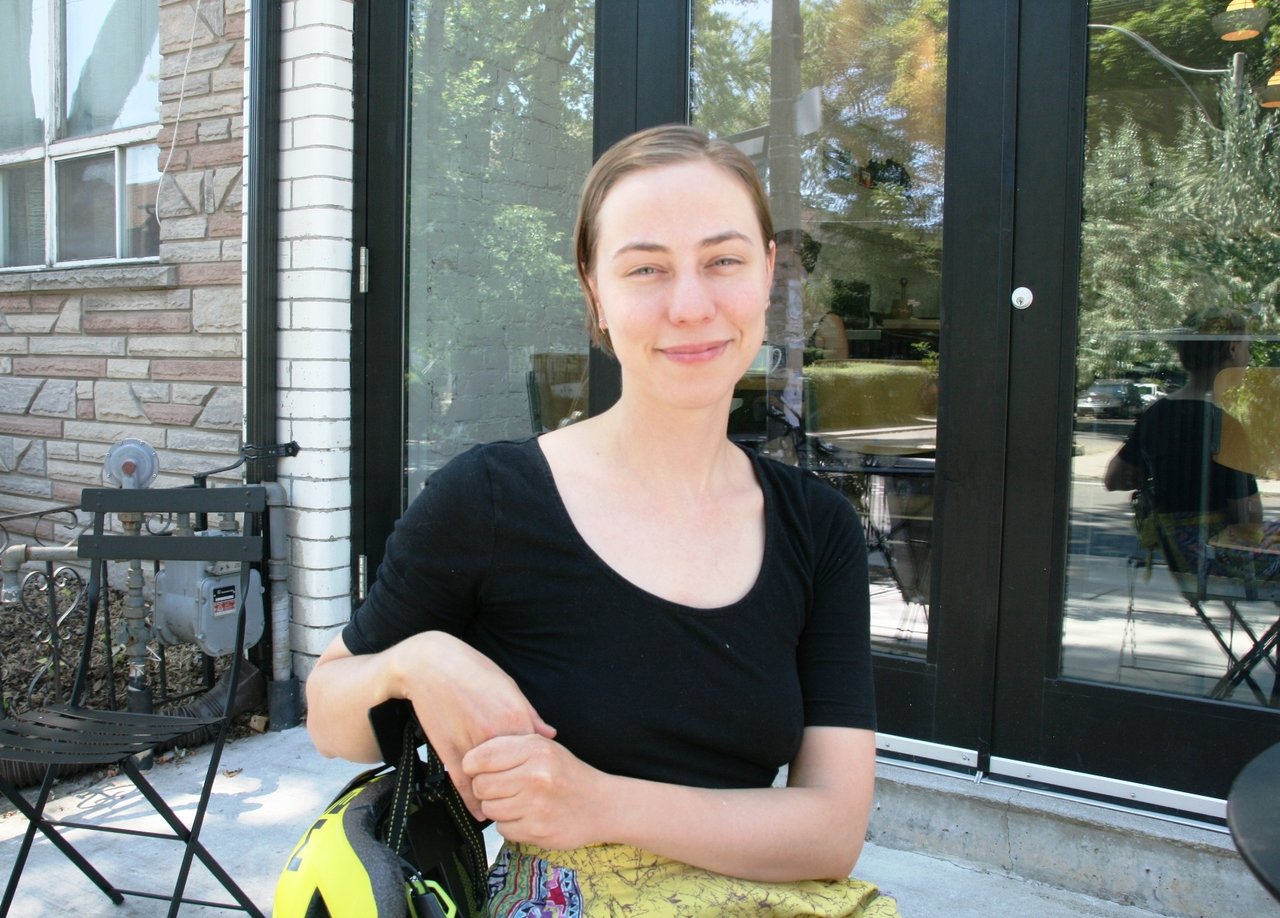 Zeesy Powers. Photo: Phil Anderson
Zeesy Powers. Photo: Phil Anderson
Interview with multimedia artist Zeesy Powers (Z.P) by Phil Anderson (P.A)
P.A: Zeesy you are a multimedia artist. Did you start out as a multimedia artist? Can you give us some of your history on how you became a multimedia artist.
Z.P: I was fortunate to have been encouraged my whole life to create things and experiment, and to have had the resources and time to do so. I was always interested in performing, and after some less-than-inspiring experiences as a child actor I decided that the art world was a much more flexible place to be and put my energy in to. I was also fortunate to grow up just as video equipment and computers were becoming far more accessible, to the point where today they are tools that are as accessible as paint (maybe more so). In my late teens and early twenties I started combining video and performance with animation because I liked crating complicated productions where I could do most of the work myself.
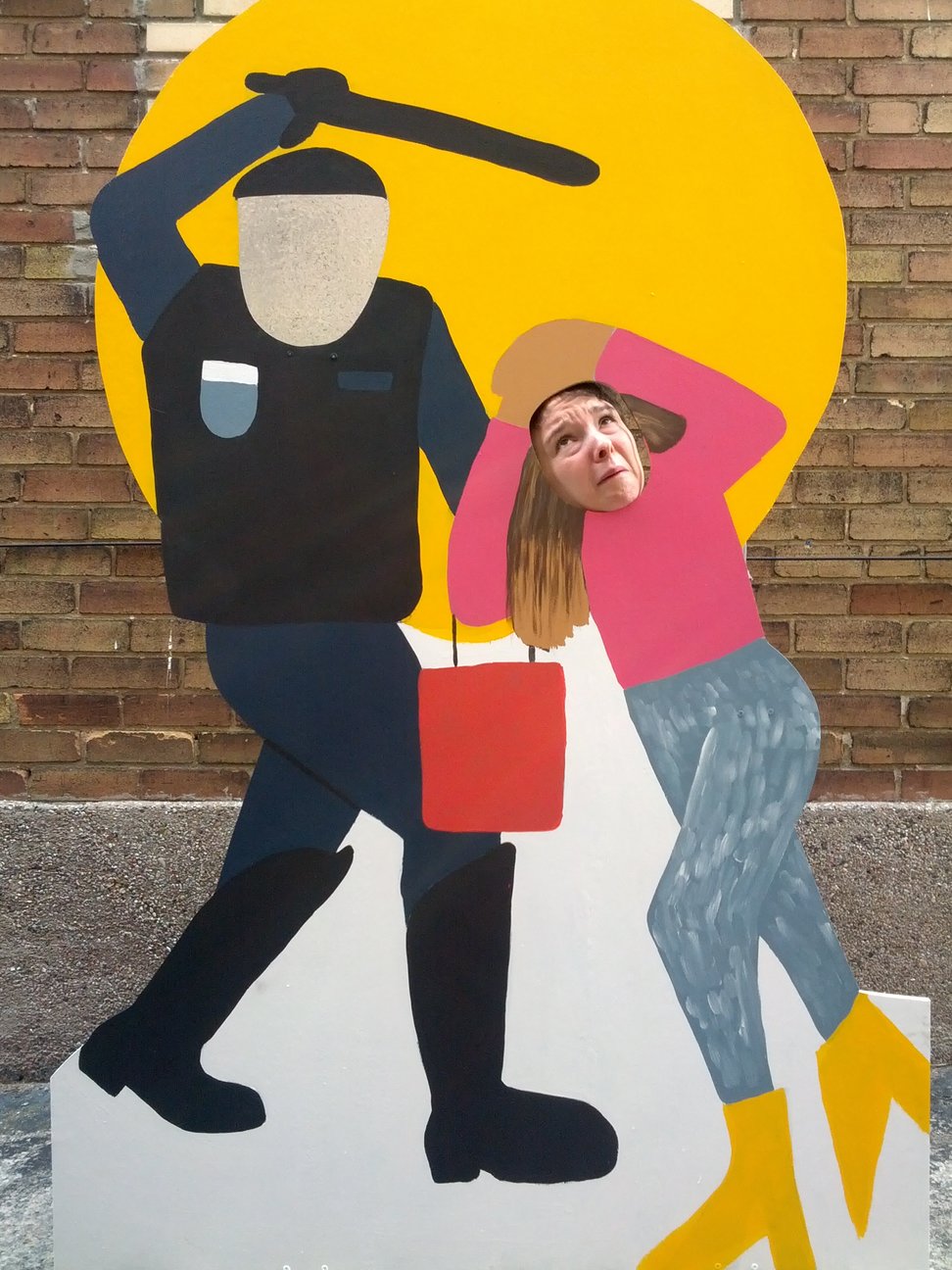 Zeesy Powers/Yuula Benivolski, Queen Street Riot
Zeesy Powers/Yuula Benivolski, Queen Street Riot
P.A: Is there a multimedia artist who you would say has influenced you or impacted the work you do?
Z.P: Growing up, I really liked Kara Walker, Jamie Levy, and Tom Green.
P.A: Do different projects just come up and then you decide on the media you approach it with?
Z.P: Pretty much. Sometimes it’s the other way around. If I really want to make a painting, then I decide to do a project where I paint.
P.A: Is there one art discipline closer to your heart? Or are they all equal?
Z.P: I mostly like to work with watercolour and oil paint, animation and video that’s heavy on post-production, dance, strange voluntary situations and text. I work in other disciplines and media, usually based on what’s best in the context, or what I’m interested in doing at that time.
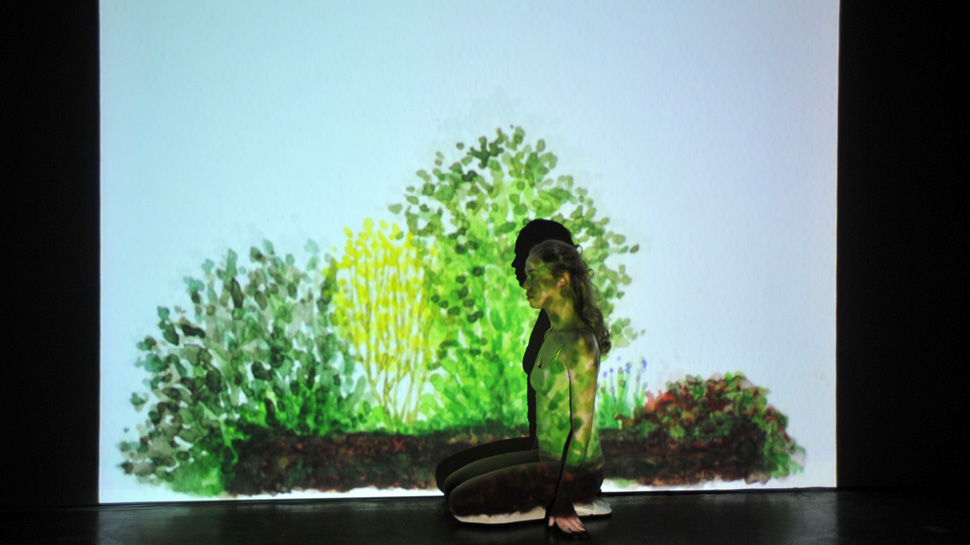 Zeesy Powers, The Ghost, 2010, TPW Gallery
Zeesy Powers, The Ghost, 2010, TPW Gallery
P.A: Some of your performance works ask participants to interact with you or allow you into their lives, like 3 Minute Girlfriend and I Will Tell You Exactly What I Think Of You. Were you surprised on how participants reacted to those performances? Can you tell us a little about the your experience?
Z.P: Always surprised. Those projects are set up to see how people react to the situation itself. What do you think a girlfriend is all about? What kind of person wants to hear what I think of them? The answer is never simple, and usually surprising. The people who participate in I Will Tell You Exactly What I Think Of You usually fall into a few broad categories: people who want to be on stage and receive attention, introverts who see it as a chance to hear what a stranger thinks of them on first sight, and people who are looking for some kind of guidance. It’s a very demanding performance, one that requires me to put all of my prejudices and obsessions out on the table, often on record. It’s scary for the participants, because they are the essential material I use to put these monologues together, and it’s difficult for many people to separate my dumb opinions from who they are as a person. I never pick out anyone from the audience, it’s a completely voluntary choice they make whether or not to come up, and eight years in I am still surprised at how eager people are to participate. Interestingly, when I ask people if there’s anything else they’d like me to speak about, some ask for “the bad stuff”, and they are surprised to hear I’ve already said it. I think most of us have a much harsher opinion of ourselves than other people do. I’ve heard as gossip that people who know I don’t like them will say they already know what I think of them, which is mostly true. Even if those people would show up on stage, they’d still probably get a more nuanced response than they imagine.
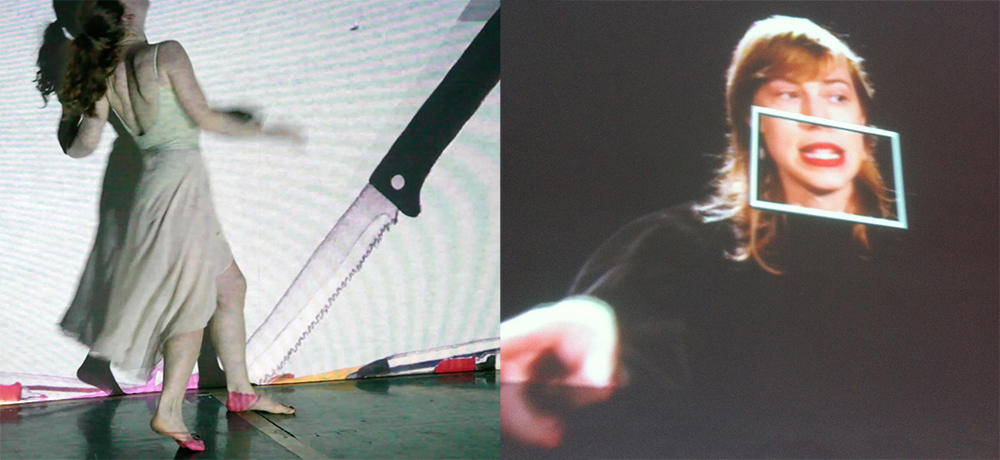 Zeesy Powers, I Will Tell You Exactly What I Think Of You, 2014 – 2015
Zeesy Powers, I Will Tell You Exactly What I Think Of You, 2014 – 2015
P.A: What direction would you say your performance work is going in?
Z.P: I always feel pulled in different directions. The way things are going now it seems like I’m working more with developing pieces for other performers (this is sometimes called direction or choreography, depending on the field) and in going back to more web- text- and video-based work where interaction happens across time and distance.
P.A: Do some of your projects overlap or influence each other in different media? A good example for this is the $10 portraits where you offered to tell people what you really thought of them for $5.
Z.P: Of course, always.
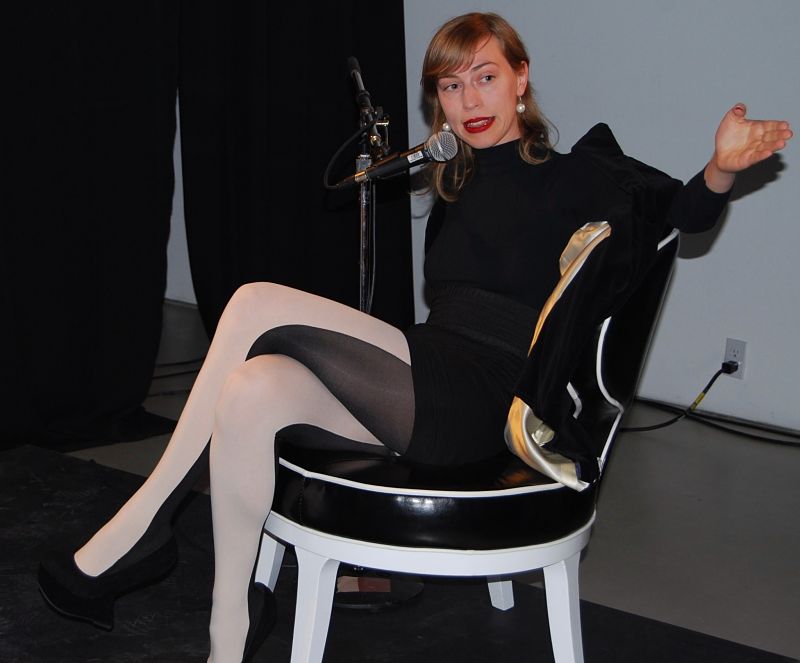 Power Ball, 2014. Photo: Phil Anderson
Power Ball, 2014. Photo: Phil Anderson
P.A: Do you feel that many people lack interaction and intimacy?
Z.P: I don’t know about that. I think people suffer more from highly divergent expectations.
P.A: What would be your ideal art project?
Z.P: One where I get paid a lot of money to make something people will see. So, I guess, a mass-market television series or Hollywood movie.
P.A: Can you tell us about some of your upcoming projects?
Z.P: I have a short show with Yuula Benivolski called TRIGGER WARNING opening Wednesday, July 29 at Trinity Square Video as part of their Testing Grounds program. I’ll be showing a whole bunch of new work in very rough experimental form alongside Yuula’s incredible and scary Panic Room Karaoke. On August 15 I’ll be at TSV again as part of their Commission Program showing something much more polished. Then this fall I’ll be in residence at the Toronto Public Library, working on a new performance at the Oakwood Branch for a performance in December. In between these things, I’m still writing stories.
*Note: Zeesy Powers has a Themed Commision Work for Trinty Square Video, running August 19 – September 26, 2015, (401 Richmond Street West, hours: 12 – 6 p.m.), and a video performance, titled Hands at BIG ON BLOOR, a street festival, August 22 – 23, 2015.
